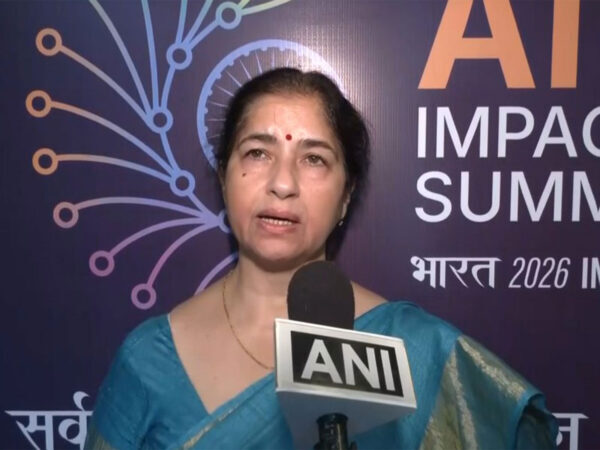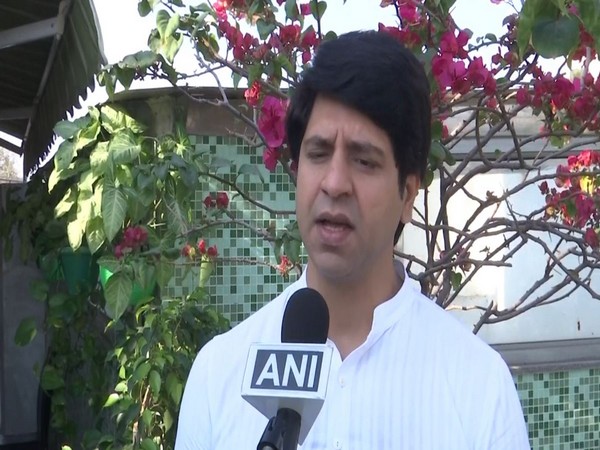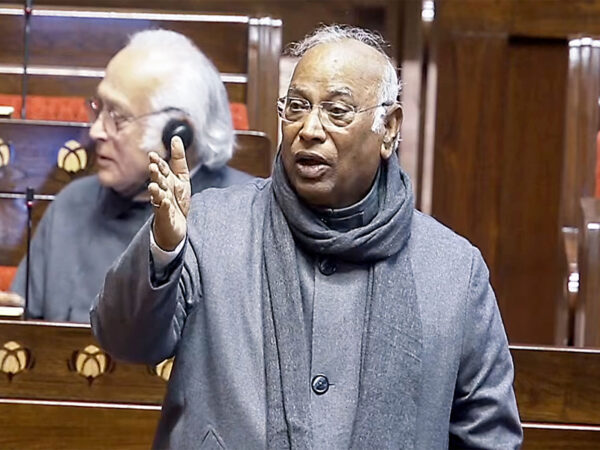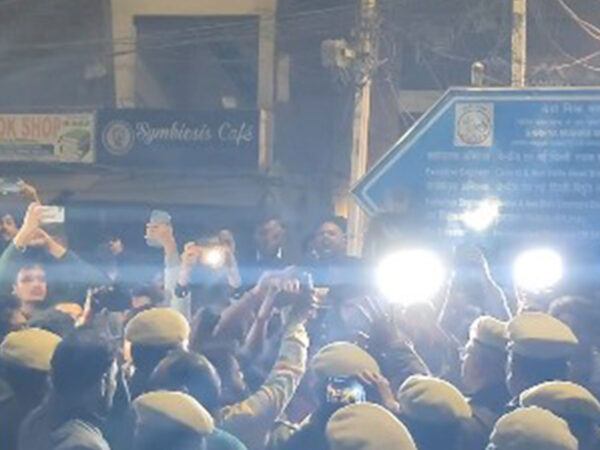
Delhi Govt Ought To Have Control Of Services Subject To Public Order: SC
The Supreme Court on Thursday ruled in favour of the Delhi government over control on services in the national capital and held it must have control over bureaucrats.
However, the court said the legislative power over services excludes public order, police and land.
The verdict is being seen as a victory for Aam Aadmi Party led by Chief Minister Arvind Kejriwal. The Supreme Court gave its verdict in the case related to the administrative control over transfers and postings of civil servants in Delhi.
The court said that control over services shall not extend to entries related to public order, police and land. Delhi government similar to other States represents the representative form of government and any further expansion of the Union’s power will be contrary to the Constitutional scheme, the court said.
Supreme Court held that if administrative services are excluded from the legislative and executive domains, the ministers would be excluded from controlling the civil servants who are to implement the executive decisions.
It said that states too have the power but the executive power of the State will be subject to the law existing of the Union. It has to be ensured that the governance of States is not taken over by the Union.
Supreme Court said in a democratic form of government, the real power of administration must rest with the elected government. If a democratically elected government is not given the power to control the officers, the principle of the triple chain of accountability will be redundant.
It said if the officers stop reporting to the ministers or do not abide by their directions, the principle of collective responsibility is affected. The officers feel they are insulated from the control of the government, which will dilute accountability and affect governance
CJI DY Chandrachud said they are unable to agree with Justice Ashok Bhushan in the split judgement of 2019.
A five-judge Constitution bench of CJI Chandrachud and Justices MR Shah, Krishna Murari, Hima Kohli and PS Narasimha pronounced the judgment on Thursday.
The five-judge bench had reserved its judgment on January 18 this year.
Governance of the national capital has witnessed a power struggle between the Centre and the Delhi government since the Aam Aadmi Party (AAP) came to power in 2014.
The case was posted before a Constitution bench after a three-judge bench had in May 2021 decided to send it to a larger bench on a request by the Central government.
On February 14, 2019, a two-judge bench of the top court delivered a split verdict on the question of powers of the Government of National Capital Territory of Delhi (GNCTD) and the Union government over services and referred the matter to a three-judge Bench.
While Justice Ashok Bhushan had ruled the Delhi government has no power at all over administrative services, Justice AK Sikri, had said the transfer or posting of officers in top echelons of the bureaucracy (joint director and above) can only be done by the Central government and the view of the Lieutenant Governor would prevail in case of a difference of opinion for matters relating to other bureaucrats.
The two-judge bench of the Supreme Court which was hearing pleas on six matters pertaining to a long-running conflict between the Centre and the Delhi government, had given a unanimous order on the remaining five issues except the control over services.
Prior to February 2019 judgement, a five-judge constitution bench of the Supreme Court had on July 4, 2018, laid down the broad parameters for governance of the national capital.
In the landmark verdict, it had unanimously held that Delhi cannot be accorded the status of a State but clipped the powers of the LG saying he has no “independent decision-making power” and has to act on the aid and advice of the elected government.
It had restricted the jurisdiction of the LG to matters pertaining to land, police and public order and on all other matters, it held that the LG would have to act on the aid and advice of the council of ministers. (ANI)
Read More: lokmarg.com



